When Israeli Prime Minister Benjamin Netanyahu arrived at the White House for dinner on Monday, he brought with him what might be the ultimate gift for President Donald Trump: a letter nominating him for a Nobel Peace Prize.
The award has become a personal obsession for Trump, who believes he deserves recognition for efforts to resolve conflicts worldwide, including the war between Israel and Hamas in Gaza.
A lasting end to that 21-month conflict depends partly on Netanyahu's willingness to accept a deal that fully stops the fighting - something Trump intended to press him on during their dinner in the White House Blue Room. But even before the meal, Netanyahu praised Trump's peace efforts, despite ceasefire details still being finalized.
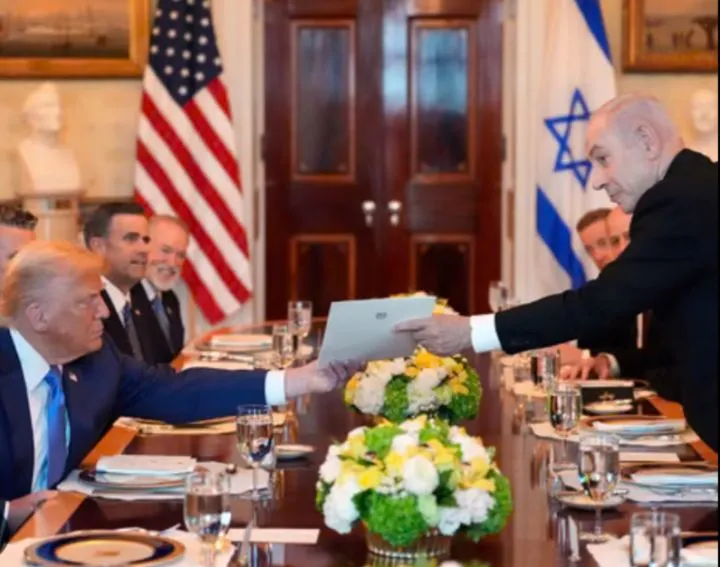
"He's forging peace, as we speak, in one country, in one region after the other," Netanyahu said as he handed Trump the nomination letter. "So, I want to present to you, Mr. President, the letter I sent to the Nobel Prize Committee; it's nominating you for the Peace Prize, which is well deserved, and you should get it."
"Thank you very much. This I didn't know. Wow," Trump replied, clearly moved. "Coming from you, in particular, this is very meaningful. Thank you very much, Bibi."
For Trump, a Gaza ceasefire would be another major step in his quest to secure the Nobel Prize and cement his Middle East legacy.
"I'm stopping wars. I'm stopping wars. And I hate to see people killed," Trump said as dinner began.
He views Netanyahu as an essential partner, though he's also clashed with him when the Israeli leader seemed to stand in the way. Now, Trump needs both Hamas and Netanyahu to agree to terms they've each resisted, particularly language on whether a ceasefire would permanently end the war.
Even as he draws Netanyahu close - inviting him for dinner, joining Israel's military actions against Iran, and backing calls to cancel Netanyahu's corruption trial - Trump is also pressuring him to deliver a final deal.
"We had a great time, would say it was a lot of work, but we had a great result recently," Trump said, referencing recent bombing runs on Iran's nuclear sites. "And we're going to have a lot of great results."
After months of limited progress, there are new signs of momentum. Trump seems ready to push harder to prevent the talks from collapsing.
"The president could put pressure on the prime minister, but can also give enticements, the carrots, if you will," said Michael Oren, former Israeli ambassador to the U.S. "One would be keeping a military option on the table if Iran tries to rebuild those destroyed nuclear facilities - a tough decision given the depth of American public opposition to further military involvement."
Negotiators from Israel and Hamas have been in Qatar working on a 60-day truce involving phased hostage releases and expanded aid to Gaza. Trump's envoy Steve Witkoff plans to join talks later this week, signaling continued progress.
Qatar's latest proposal was swiftly accepted by Israel. It addressed Hamas' key demand that a ceasefire ultimately lead to ending the war. Hamas responded positively but sought adjustments. Though Israel labeled these changes "unacceptable," it still agreed to send a team to the proximity talks - one of the last steps before a possible deal.
"They want to meet and they want to have that ceasefire," Trump said of the negotiations.
Past attempts at a ceasefire have fallen apart over deep disagreements. But after the 12-day war between Israel and Iran shifted regional dynamics, hopes for a deal have grown.
"The prime minister's coming to this meeting now much strengthened by Israel's military victory over Iran. The president is coming into this meeting much strengthened by America's victory over Iran," Oren noted. "Both leaders can show a certain amount of flexibility. Clearly, the president wants this deal."
If a deal is reached, Trump looks ready to claim credit, with Netanyahu's support. As Netanyahu left Israel for Washington, he said the meeting could "certainly help advance these results," and Trump was eager for progress.
"I think there's a good chance we have a deal with Hamas during the week, during the coming week, pertaining to quite a few of the hostages," Trump told reporters in New Jersey before heading back to Washington.
In Trump's view, ending the Gaza war is also key to bigger ambitions: normalizing ties between Saudi Arabia and Israel as part of the Abraham Accords he brokered in his first term. Saudi leaders have said normalization isn't possible while fighting continues, making a ceasefire vital to Trump's broader goals.
Netanyahu expressed optimism Monday, saying, "I think we can work out a peace between us and the entire Middle East with President Trump's leadership. By working together, I think we can establish a very, very broad peace that will include all our neighbors."
Equally important is deciding what happens in Gaza after the war. Israel insists Hamas can't govern the strip, while the potential role of the Palestinian Authority remains uncertain. That could be crucial for winning Gulf support to rebuild Gaza.
Trump has floated a controversial plan - first raised during Netanyahu's February visit - to seize Gaza, remove Palestinians, and develop it as a "Riviera of the Middle East." Though the idea drew outrage, it's largely faded from public discussion.
Asked Monday if that plan was still under consideration, Trump deferred to Netanyahu.
"I think President Trump had a brilliant vision. It's called free choice," Netanyahu said. "If people want to stay, they can stay, but if they want to leave, they should be able to leave. It shouldn't be a prison."
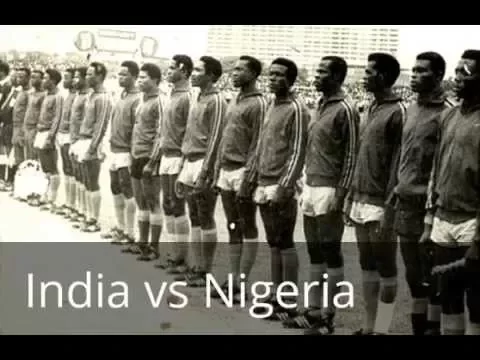




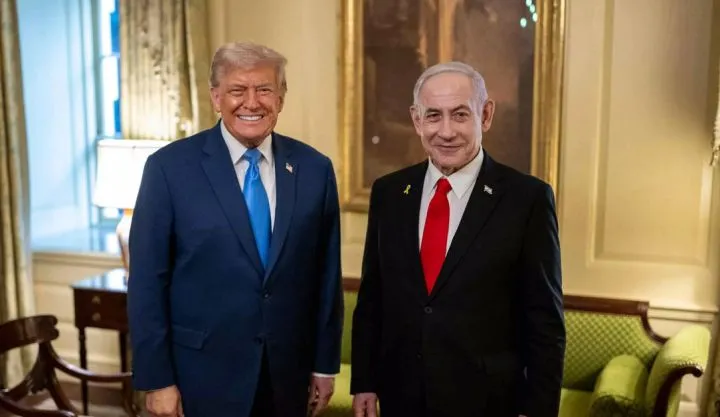
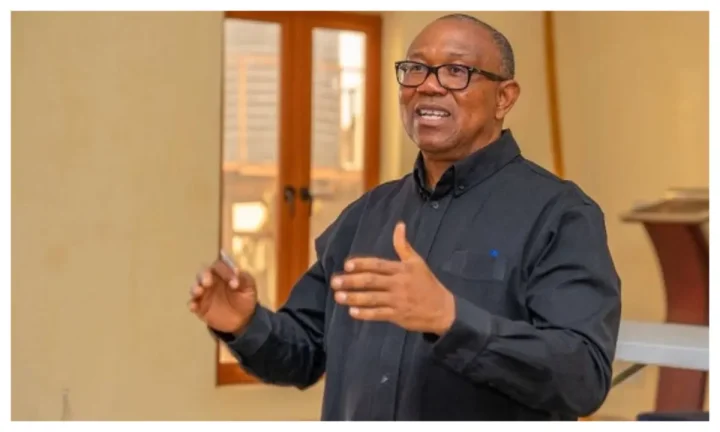
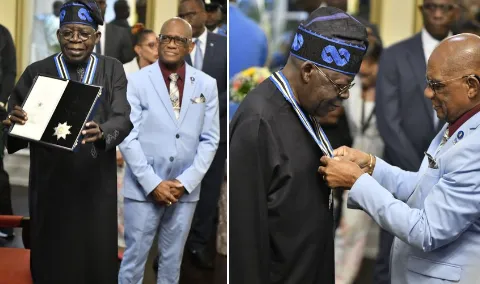
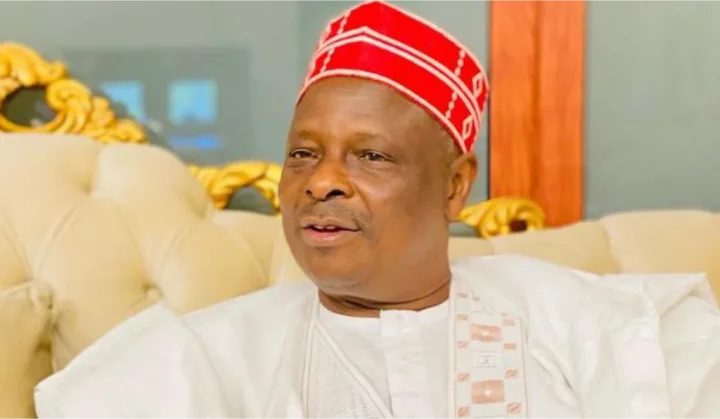
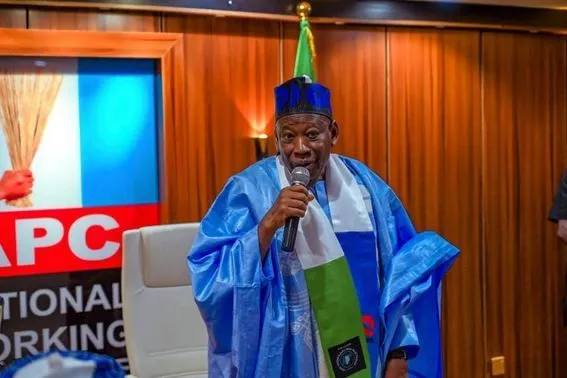
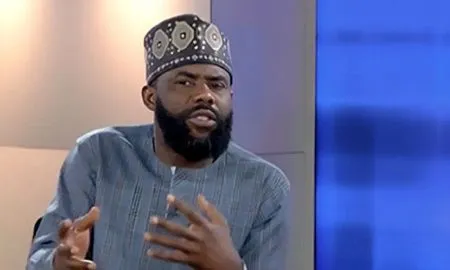
All Comments0